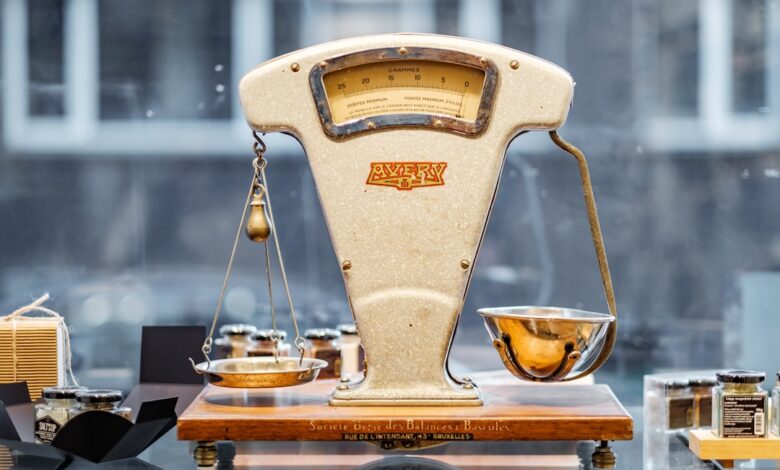Best Salt Free Water Softener

Hard water can be a real pain! It leaves soap scum on your shower, makes your skin feel dry and itchy, and can even damage your appliances over time. That’s why many people turn to water softeners. But what if you’re trying to reduce your salt intake? Traditional water softeners use salt, but luckily, there are “salt-free” options available. Let’s dive into the world of salt-free water softeners (also called water conditioners or descalers) and find the best one for you.
What Are Salt-Free Water Softeners?
First things first, it’s important to understand that “salt-free water softener” is a bit of a misnomer. They don’t actually soften the water in the same way traditional salt-based softeners do. Traditional softeners remove calcium and magnesium ions (the stuff that makes water “hard”) through a process called ion exchange. Salt-free systems, on the other hand, don’t remove these minerals. Instead, they change the minerals’ structure so they don’t stick to surfaces and cause scale buildup.
Think of it like this: imagine calcium and magnesium are like tiny magnets that are attracted to your pipes and appliances. Salt-free systems apply a special treatment that makes those magnets lose their power, so they can’t stick around and cause trouble. The minerals are still in the water, but they won’t form scale.
Benefits of Salt-Free Water Softeners
So, why would you choose a salt-free system? Here are some key advantages:
- No Salt Needed: This is the big one! You don’t have to buy and haul heavy bags of salt, and you won’t be adding salt to your water supply, which is great for people on low-sodium diets or who are concerned about the environmental impact of salt discharge.
- Less Maintenance: Salt-free systems generally require less maintenance than traditional softeners. You won’t have to regularly refill a salt tank or worry about brine discharge.
- Environmentally Friendly: Because they don’t use salt, these systems are better for the environment. They don’t contribute to the salinity of wastewater, which can harm aquatic life and contaminate soil.
- Healthier Water: Since they don’t remove minerals, your water retains its natural mineral content, which some people believe is beneficial for health.
- Easy Installation: Many salt-free systems are relatively easy to install, often requiring just basic plumbing skills.
What to Consider When Choosing a Salt-Free System
Choosing the right salt-free water softener depends on your specific needs and circumstances. Here are some important factors to consider:
- Your Water Hardness: How hard is your water? Salt-free systems are generally more effective for moderately hard water. If your water is extremely hard, a traditional salt-based softener might be a better choice. You can get your water tested by a local water treatment specialist or purchase a DIY testing kit.
- Water Usage: How much water does your household use? Make sure the system you choose is sized appropriately for your water consumption.
- Flow Rate: Check the system’s flow rate to ensure it can handle your peak water usage without reducing water pressure.
- Certification: Look for systems that are certified by reputable organizations like NSF International. This ensures the system meets certain performance standards and is safe to use.
- Reviews and Reputation: Read online reviews and check the manufacturer’s reputation to get an idea of the system’s reliability and performance.
- Warranty: A good warranty can protect you against defects and ensure you’re covered if something goes wrong.
Types of Salt-Free Water Softeners
There are several different types of salt-free water softening systems, each using a slightly different technology. Here are some of the most common:
- Template Assisted Crystallization (TAC): TAC is one of the most popular and effective salt-free technologies. It uses specialized media to convert dissolved hardness minerals into microscopic crystals that don’t stick to surfaces.
- Electromagnetic Water Conditioners: These systems use electromagnetic fields to alter the structure of hardness minerals. Some studies suggest they are less effective than TAC systems.
- Chelation: Chelation involves adding chemicals that bind to hardness minerals, preventing them from forming scale. However, this isn’t technically “salt-free” and can introduce chemicals into your water.
Installation Tips
While some salt-free systems are easy to install yourself, it’s important to follow the manufacturer’s instructions carefully. Here are a few general tips:
- Turn off the water supply: Before you start any plumbing work, make sure to turn off the main water supply to your house.
- Read the instructions: Carefully read the installation manual and follow the steps exactly.
- Use the right tools: Make sure you have all the necessary tools, such as pipe cutters, wrenches, and Teflon tape.
- Connect the system properly: Ensure all connections are tight and leak-proof.
- Flush the system: After installation, flush the system according to the manufacturer’s instructions to remove any debris.
Are Salt-Free Systems Right for You?
Salt-free water softeners are a great option for many homeowners, especially those who are looking to reduce their salt intake, minimize maintenance, and protect the environment. However, it’s important to remember that they don’t actually remove hardness minerals from the water. If you have extremely hard water or prefer the feel of truly softened water, a traditional salt-based softener might be a better choice.
Ultimately, the best way to decide if a salt-free system is right for you is to do your research, get your water tested, and talk to a water treatment specialist. They can help you assess your needs and recommend the best solution for your home.
FAQ About Salt-Free Water Softeners
Do salt-free water softeners remove minerals from the water?
No, salt-free water softeners don’t remove minerals. They change the mineral’s structure to prevent scale buildup.
Are salt-free water softeners as effective as traditional water softeners?
Salt-free systems are effective at preventing scale, but they don’t provide the same “soft” water feel as traditional softeners. For very hard water, a traditional softener might be more effective.
How long do salt-free water softeners last?
The lifespan of a salt-free water softener varies depending on the brand, model, and water quality. However, many systems can last for 5-10 years or even longer.
Do salt-free water softeners require maintenance?
Salt-free systems generally require less maintenance than traditional softeners. However, some systems may require occasional media replacement.
Are salt-free water softeners safe?
Yes, salt-free water softeners are generally safe. They don’t add harmful chemicals to the water and don’t remove beneficial minerals.
Choosing the “best” salt-free water softener really boils down to your individual situation. Think about your water hardness, water usage, and budget. Read reviews, compare features, and don’t be afraid to ask for expert advice. With a little research, you can find the perfect salt-free solution to protect your home and enjoy cleaner, healthier water!



